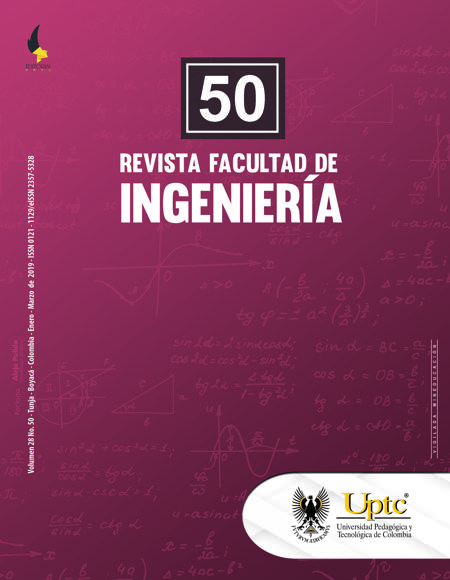Can peace building change the way engineering and science are taught?

Abstract
The way in which engineering and sciences are taught is a topic that has been repeatedly and widely discussed in academic, research, industrial and business spheres, among others. The relevance of the person recently graduated from a career in engineering or science and their attitudes according to local needs have sparked debates that end up questioning even the epistemological and philosophical foundations of the type of scientific and technological knowledge that is being taught and generated in contexts of the so-called global south [1]. It is precisely in this direction that several Latin American thinkers have concluded that the positivist epistemological structure, inherited from the West, may not be so appropriate for achieving the social, political, and economic results that generate the necessary transformations in Latin America that promote the reduction of inequality, the expansion of equal opportunities and the mitigation of environmental impacts generated by purely extractive economies, typical of the countries of the so-called third world.
Keywords
peace
References
[1] D. Mitlin, and D. Satterthwaite, Urban Poverty in the Global South: Scale and Nature. Abingdon: Routledge, 2013.
[2] A. Nadal Egea, Instrumentos de política científica y tecnológica en México. Ciudad de México, México: Colegio de México, 1977.
[3] F. Martínez, Hacia una visión integral de la Ciencia y la Tecnología. Filosofía, Lógica y problemas sociales de la Ciencia y la Tecnología. Universidad de Camagüey. Available in: https://www.oei.es/historico/salactsi/vision.htm.
[4] V. Urquidi, Viabilidad económica de América Latina. Ciudad de México, México: Fondo de Cultura Económica, 1962.
[5] M. del Valle, Ciencia, tecnología, innovación y desarrollo: El pensamiento latinoamericano. Ciudad de México, México: Fondo de Cultura Económica, 2016.
[6] J. P. Netto, Cotidiano: Conhecimento e Crítica. São Paulo, Brasil: Cortez Editora, 2007.
[7] P. Freire, Pedagogía do Oprimido, 17 ed. Rio de Janeiro, Brasil: Paz e Terra, 1987.
[8] J. Leite Lopes, Ciência e Liberdade: Escritos sobre ciência e educação no Brasil. Rio de Janeiro, Brasil: Editora UFRJ/CBPF/MCT, 1998.
[9] A. Ferrer, La Argentina y el orden mundial. Ciudad de México, México: Fondo de Cultura Económica, 2003.
[10] E. Díaz, Entre la tecnociencia y el deseo. La construcción de una epistemología ampliada. Buenos Aires, Argentina: Biblos, 2010.
[11] H. A. Palma, Filosofía de las Ciencias: Temas y problemas. Buenos Aires, Argentina: USAM EDITA de Universidad Nacional de General San Martín, 2008.
[12] O. Lombardi, ¿Existe la flecha del tiempo? Ilya Prigogine: entre la Ciencia y la Filosofía. Buenos Aires, Argentina: Logos, 2015.
[13] A. Escobar, La invención del tercer mundo, construcción y deconstrucción del desarrollo. Caracas, Venezuela: Ministerio del Poder Popular para la Cultura, 1996.
[14] A. Escobar, Sentipensar con la tierra. Medellín, Colombia: Unaula, 2014.
[15] J. D. Reina-Rozo, and A. L. León Rojas, Ingeniería humanitaria desde/para el sur global en M. Belén Albornoz, J. Jiménez Becerra, and J. Rojas Álvarez (eds.) Ingeniería, innovación y tecnología social. Bogotá, Colombia: Universidad Nacional de Colombia, 2017.
[16] V. M. Moncayo Cruz, Hacia la verdad del conflicto: Insurgencia guerrillera y orden social vigente en Conflicto Social y Rebelión Armada en Colombia, Ensayos Críticos. Bogotá, Colombia: Gentes del Común, 2015.
[17] ACVC-RAN, En la Colombia profunda también se construye academia. Nace semillero de investigación “Ingenio sin Fronteras” en el corazón del Magdalena Medio, 2018. Available in: https://www.prensarural.org/spip/spip.php?article23805.